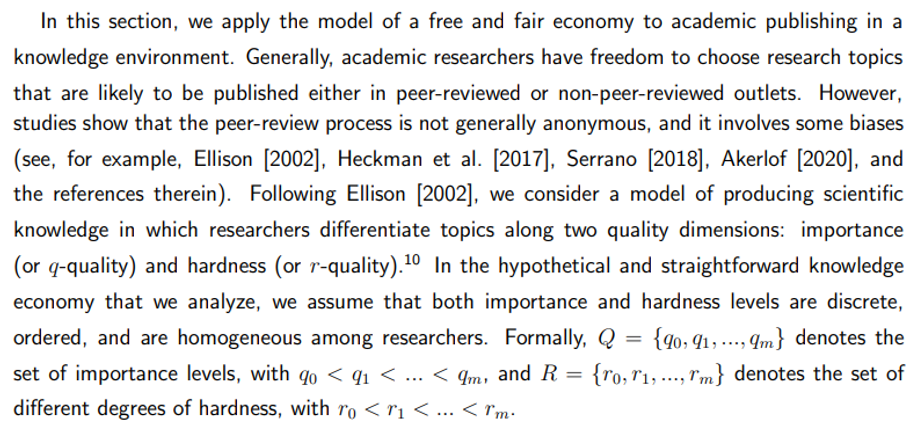65+ Crypto Groups Demand Trump Drop Charges Against Developer Roman Storm
The groups sent a detailed letter on November 20, 2025, calling the case an attack on software developers and demanding immediate action on crypto regulations without waiting for Congress.
The Roman Storm Case Explained
Roman Storm co-founded Tornado Cash, a tool that makes cryptocurrency transactions private. On August 6, 2025, a jury found him guilty of running an unlicensed money transfer business. However, the same jury could not agree on two more serious charges about money laundering and breaking sanctions rules.
The conviction carries up to five years in prison. Storm is currently free on bail and scheduled for sentencing on December 18, 2025. His lawyers are fighting the conviction and asking for all charges to be dropped.
Prosecutors say Storm helped criminals, including North Korean hackers, move over $1 billion in stolen money through Tornado Cash. Storm’s defense team argues he simply wrote computer code and had no control over how people used it.
Major Industry Coalition Demands Action
The crypto industry’s response has been massive. The letter was signed by 66 organizations including major companies like Coinbase, Block, Paradigm, Multicoin Capital, and foundations like the Solana Foundation, Blockchain Association, DeFi Education Fund, and Uniswap Foundation. This represents one of the largest coordinated efforts by the crypto industry since Trump returned to office.
Source: @SolanaInstitute
The coalition specifically asks Trump to “urge the Department of Justice to dismiss all open charges against Roman Storm and express support for Storm’s efforts to overturn his conviction under 18 U.S.C. 1960 on appeal.” They argue that “Storm’s work on Tornado Cash represents the publication of open-source software – not a financial crime.”
The groups say dropping the case would show that “code is speech under the First Amendment” and prove that America will protect innovation.
Comprehensive Tax Policy Demands
The letter goes far beyond Storm’s case, outlining specific tax changes the groups want:
Staking and Mining: The groups want the Treasury Department to clarify that rewards from staking and mining cryptocurrency should be treated as “self-created property taxed upon disposition.” This means people would only pay taxes when they sell these rewards, not when they earn them.
Cross-Chain Transactions: They want the IRS to confirm that moving crypto between different blockchains through bridging, wrapping, and similar activities should not create taxable events.
Small Purchases: The coalition asks for a $600 threshold where crypto gains used to buy goods and services would not be taxed, similar to rules for foreign currency.
Charitable Giving: They want digital assets to be treated like stocks for donation purposes, making it easier to give crypto to charity without complex appraisal requirements.
DeFi Developer Protection Requests
The groups want sweeping protections for developers who create decentralized finance tools:
Safe Harbor Rules: They ask the Securities and Exchange Commission to adopt rules similar to Commissioner Hester Peirce’s Token Safe Harbor proposal, which would give new crypto projects three years to become decentralized without immediate securities registration.
Non-Custodial Clarity: The coalition wants FinCEN to update its guidance confirming that Bank Secrecy Act rules do not apply to non-custodial blockchain software where developers don’t control user funds.
Interim Protection: They want the SEC to provide temporary protection for developers of “source-available, permissionless protocols” while new rules are being written.
Contradictory Government Signals
The case highlights confusion within the government about crypto regulation. Matthew Galeotti, a top Justice Department official, said at a recent crypto conference that “merely writing code, without ill intent, is not a crime.”
Despite these comments, prosecutors are still fighting Storm’s case. Jay Clayton, the interim US attorney for the Southern District of New York, filed court papers on November 12 opposing Storm’s request to throw out the charges.
This contradiction worries the crypto industry. They fear developers will face prosecution even when government officials say code writing should be protected.
Political Context and Stakes
The timing of this letter is significant. Trump has promised to make America the “crypto capital of the world” and has taken several pro-crypto actions since taking office. He signed executive orders creating a national digital asset stockpile and appointed crypto-friendly officials to key positions.
The letter specifically references Trump’s achievements in his first year, including the nullification of the IRS Broker Rule and passage of the GENIUS Act regulating stablecoins. The groups praise these moves while pushing for more action.
However, the Storm case represents a test of Trump’s commitment to the crypto industry. The case began under the previous administration but continues under Trump’s Justice Department.
Industry supporters have raised over $5.3 million for Storm’s legal defense. The Ethereum Foundation pledged an additional $500,000 after his conviction. This shows strong support within the crypto community for defending developer rights.
Developer Exodus Concerns
The crypto industry warns that prosecuting developers will hurt American innovation. Data shows the share of blockchain developers based in America dropped from 25% to 18% between 2021 and 2025. Industry leaders say unclear rules are driving talent overseas.
The coalition argues that privacy tools serve legitimate purposes beyond criminal activity. They point out that many people need financial privacy for safety reasons, including activists, journalists, and high-net-worth individuals.
The case also affects other developers. Similar prosecutions have targeted creators of Samourai Wallet, another privacy tool. Some developers are leaving the United States due to regulatory uncertainty.
Storm’s next court date is January 22, 2025, when prosecutors will decide whether to retry him on the deadlocked charges. His sentencing is currently scheduled for December 18, 2025.
The Digital Crossroads Ahead
The Roman Storm case represents a critical moment for cryptocurrency development in America. The outcome will likely determine whether developers can build privacy tools without fear of prosecution. With 66 major crypto organizations backing Storm and demanding comprehensive regulatory changes, the case tests whether Trump’s administration will match its pro-crypto promises with action. The industry’s unified response signals that developer rights and regulatory clarity have become defining issues for the sector’s future in the United States.
You May Also Like

Academic Publishing and Fairness: A Game-Theoretic Model of Peer-Review Bias

SEI Flashes Multiple Buy Signals as Analyst Warns of Potential Rebound Toward $0.25-$0.36
